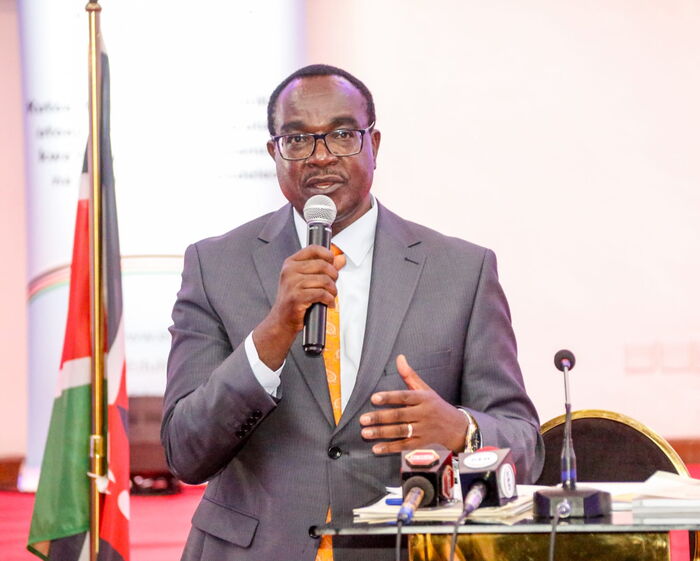
In a stunning twist that has rocked Kenya’s law enforcement circles, the Director of Criminal Investigations (DCI), Mohamed Amin, has directly implicated Nairobi Central Police Station OCS, Samson Taalam, as the key suspect in the suspicious death of Albert Ojwang.
Speaking before the National Assembly’s powerful Departmental Committee on Administration and Internal Security, the DCI boss dropped the bombshell—stating that Taalam not only refused to book Ojwang into the station but is also the originator of the now-suspect claim that Ojwang “banged his head on a wall.”
“That narrative came straight from Central Police Station, and Taalam is the one in command. Why would an officer come up with such a story and report it to him? We must question that,” Amin declared, casting doubt over the entire incident.
The gripping revelations have sparked outrage among Kenyans, especially after it emerged that Ojwang died under murky circumstances just days after his arrest in Homa Bay for allegedly spreading false information.

Amin’s address was nothing short of explosive. He urged lawmakers to take Taalam’s statements with extreme caution, suggesting the OCS may be fabricating facts to cover up foul play.
“Why would anyone invent such a thing?” he asked, visibly disturbed by the inconsistencies.
According to testimony before the Senate on Wednesday, Ojwang was never formally booked upon arrival. Instead, officers allegedly contacted OCS Taalam, who gave the shocking order to turn him away. That refusal, now confirmed by internal reports, has drawn serious scrutiny over Taalam’s role.
“From the totality of things, Taalam should be treated as the prime suspect in this case,” Amin told senators, sending shockwaves across the room.
The Independent Policing Oversight Authority (IPOA) has since launched a full-scale investigation, amid a growing national outcry for justice and transparency.
The death of Albert Ojwang is no longer just a tragic headline. It’s now the center of a national scandal—one that could upend Kenya’s trust in its law enforcement institutions.







